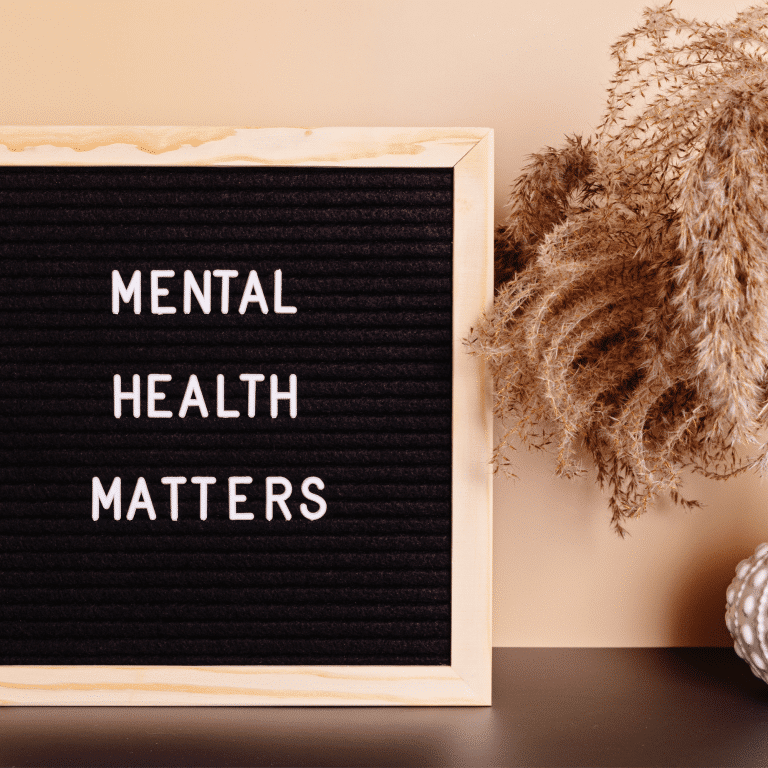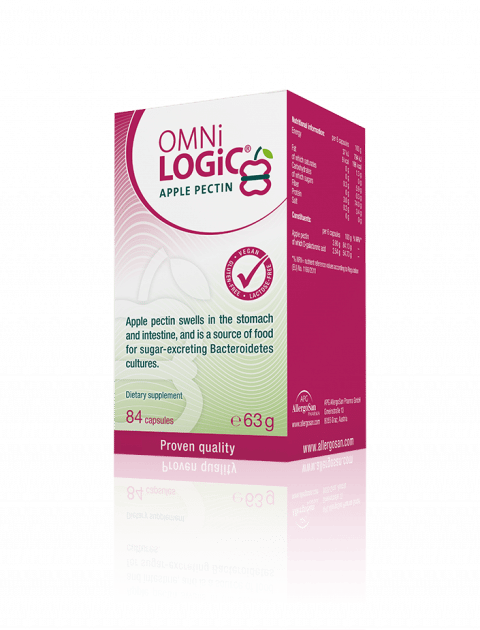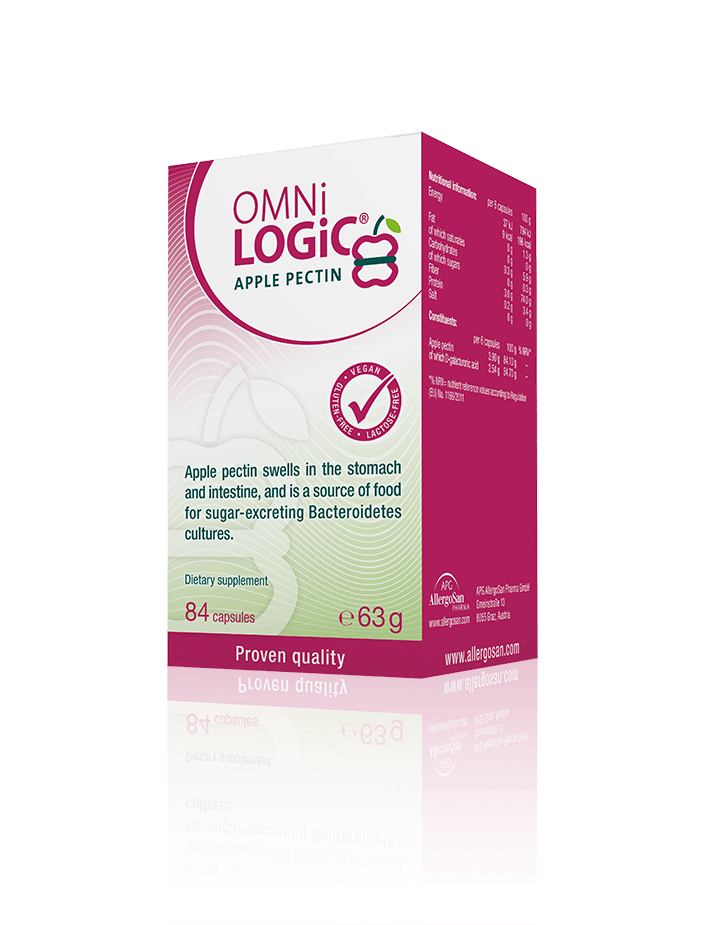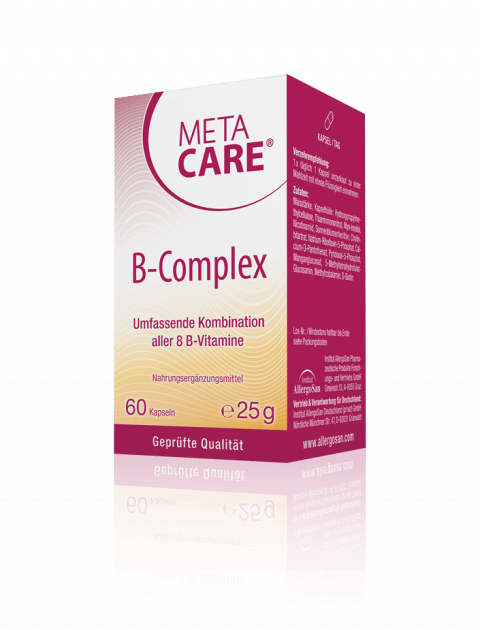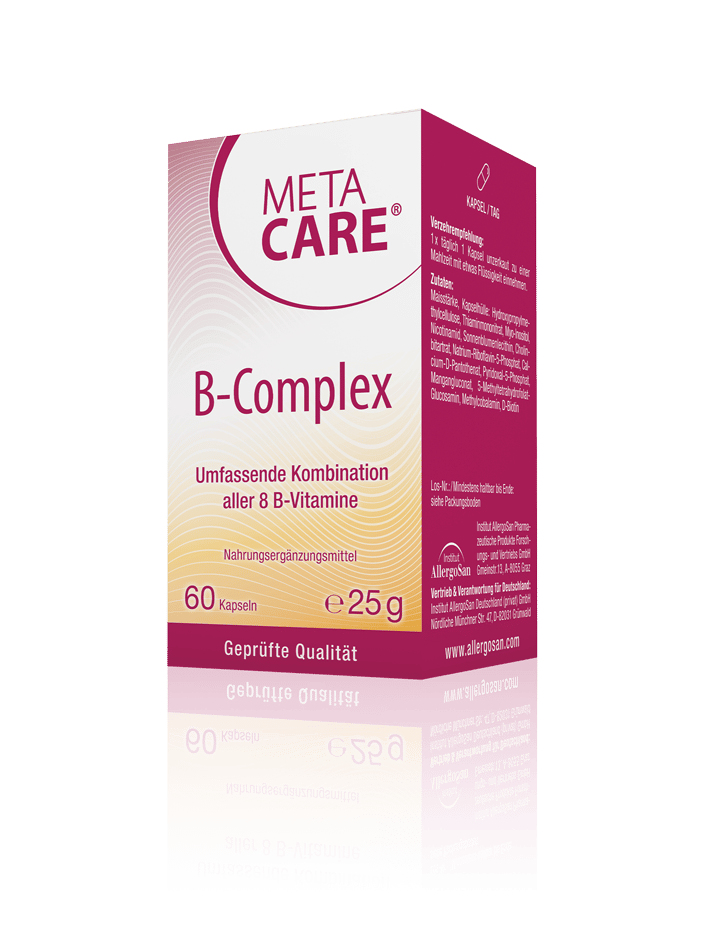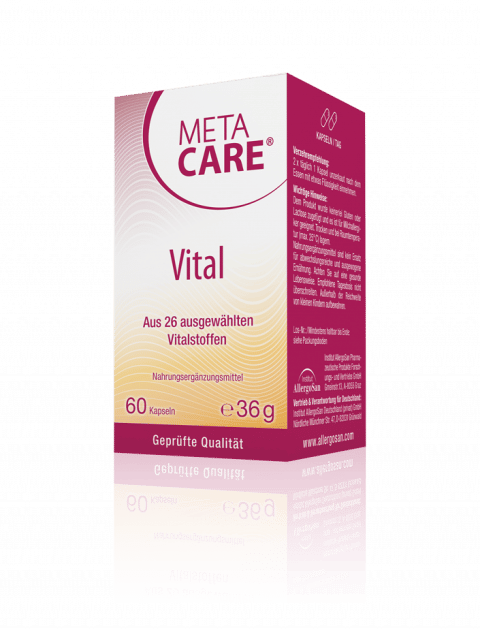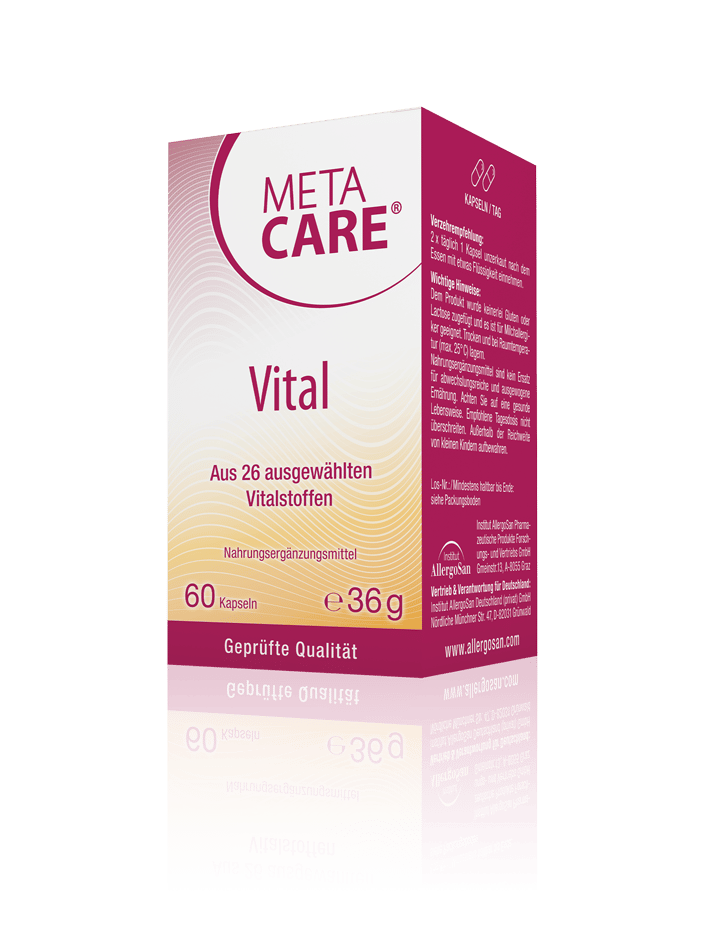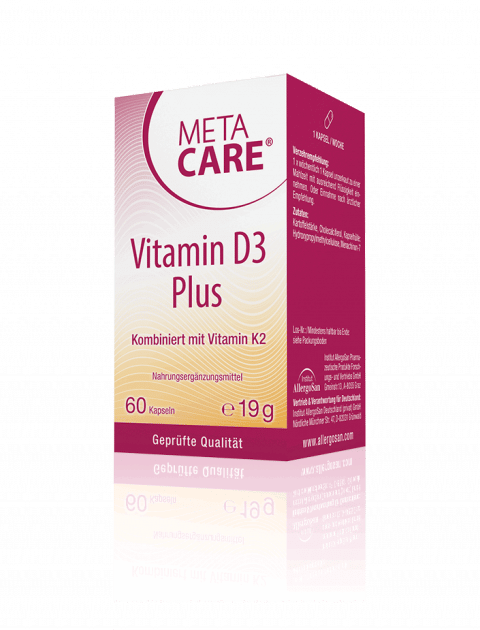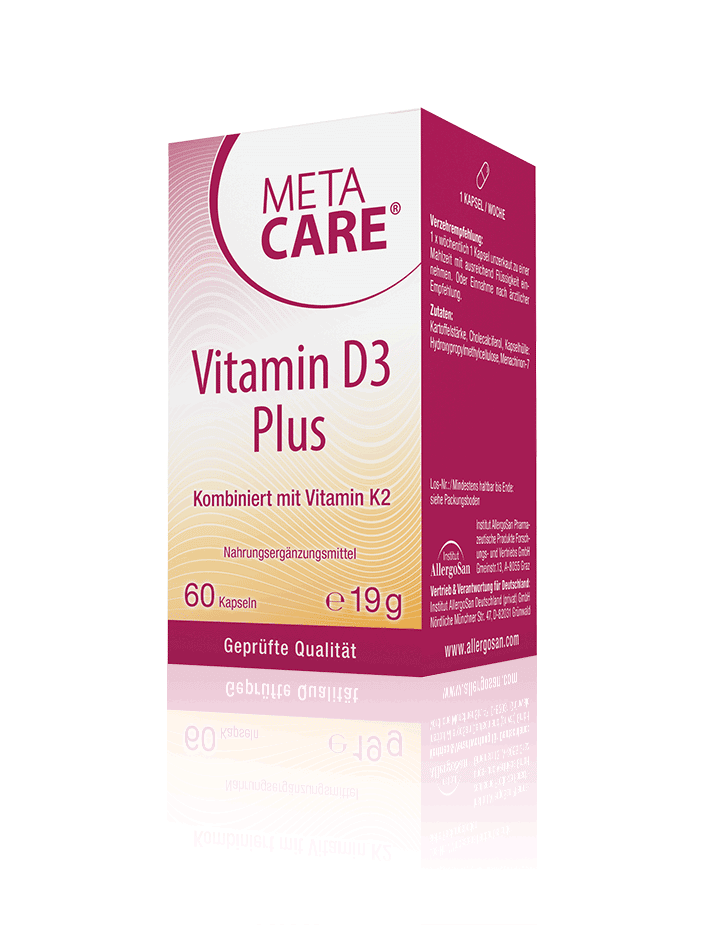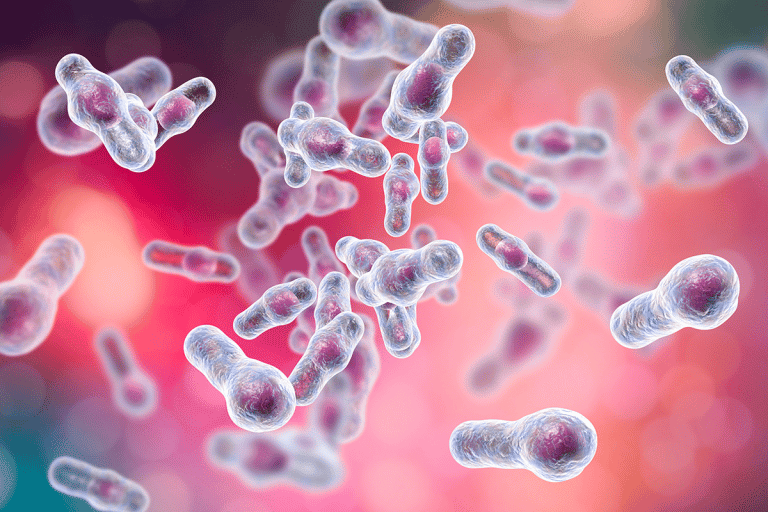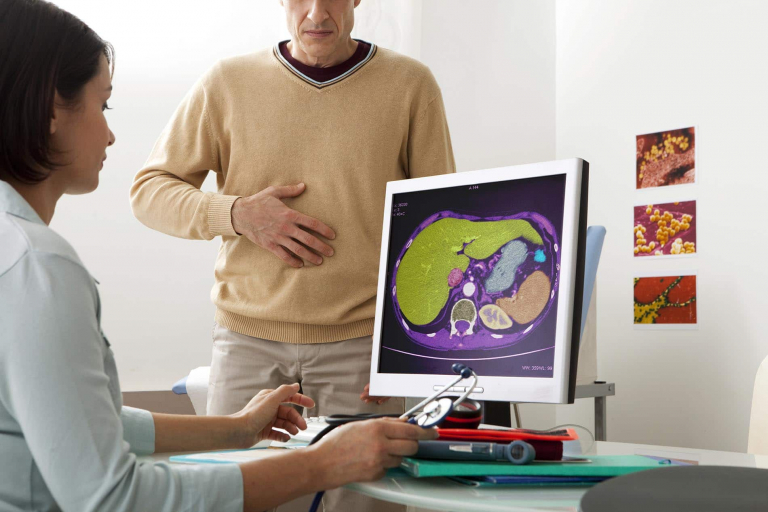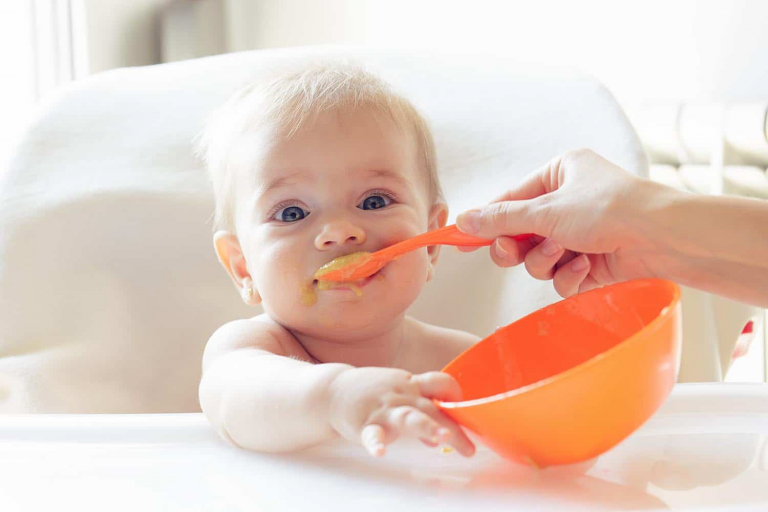
Margit Koudelka
Antibiotics and children - what to watch out for
Many parents often have mixed emotions whenever a paediatrician prescribes antibiotics: Naturally, parents will always want what’s best for their children, on the other hand, they are rightly concerned about the side effects of such drugs. More often than not, parents aren’t adequately informed about the applications and effects of antibiotics.
When parents visit the doctor with their children, they often – and understandably – want medication that works quickly. As a result, antibiotics are often prescribed to children, even though they aren’t effective in many cases. An antibiotic treatment is only advisable if the disease is caused by bacteria. Most of the diseases, however, that children contract at school or kindergarten, i.e. the cold or flu, are caused by viral infections – against which even the strongest antibiotics are useless. Nevertheless, in 2010, children between the ages of 3 and 6 received antibiotics more frequently than adults even though they can have a severe impact on the little ones:
Antibiotics not only destroy the pathogenic germs but also always damage our vital intestinal flora. This is especially dramatic for children since they only develop a healthy intestinal flora at the age of 7. By giving children antibiotics, their risk of developing chronic bowel diseases, hypersensitivity reactions as wells as allergies (asthma) and rashes such as neurodermatitis increases.
To support the child’s intestines, each antibiotic treatment should be supported by probiotics.
 Responsible use of antibiotics
Responsible use of antibiotics
On the other hand, upper airway infections, urinary infections and tonsillitis are frequently caused by bacteria. Still, the use of antibiotics in such cases is not always necessary and should be carefully considered by your doctor. An easy option to identify bacterial pathogens is the so-called CRP-rapid-test, which only requires a quick prick in the finger: During bacterial infections, the c-reactive protein increases rapidly, and a high value is a sign of bacterial contamination.
When the use of antibiotics is indicated, there are a few things to be aware of: The dosage of the medication is calculated according to the weight of the child, to which each doctor should strictly adhere. Also important is the time of intake: Depending on whether the drugs are taken on an empty stomach, after a meal or at random, the antibiotics can have different effects and side-effects. Your doctor, pharmacist or the package insert should give you reliable information on when to take the antibiotics.
Support for your child’s body
Plenty of rest, sleep and a vitamin-rich diet, help the little ones on their way to recovery. It is imperative not to stop taking the antibiotics too early even though the child quickly starts feeling better. By doing so, the risk that resistant bacteria survive increases, which subsequently multiply and become impervious towards the antibiotic.
Children usually recover quickly after the intake of antibiotics – the intestinal flora, however, can suffer lasting damage. In order to support the child’s body, each antibiotic treatment should be supported by suitable probiotics during and after the antibiotic-intake. That way, the „centre of health“ in the intestines can be rebuilt.
